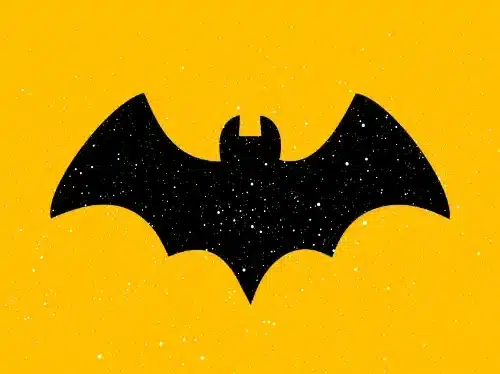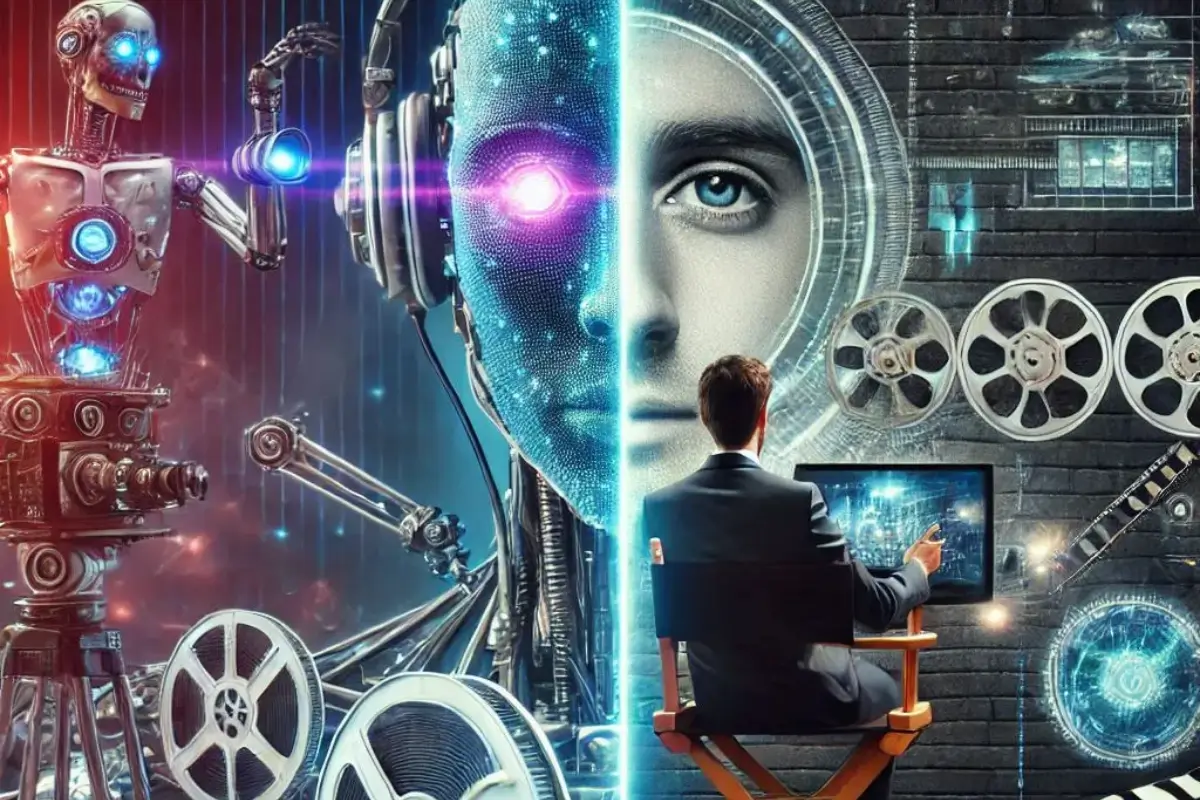In recent years, artificial intelligence (AI) has made significant strides in the creative arts, particularly in filmmaking.
From scriptwriting to special effects, AI-generated content is reshaping the industry.
However, this raises a compelling question: can AI-generated movies ever match the depth, nuance, and emotional resonance of human creativity?
In this article, we’ll explore the benefits, challenges, and future possibilities of AI in the film world—a topic that’s capturing the imagination of nerds and cinephiles alike.
What Are AI-Generated Movies?
AI-generated movies leverage artificial intelligence to handle various aspects of film production.
This includes generating scripts, animating characters, and even editing scenes.
Popular tools like OpenAI’s ChatGPT can write storylines, while visual tools like Runway and MidJourney create stunning graphics and designs.
While these technologies can produce visually captivating content, they also spark debates about originality and emotional depth.
So, is this a creative revolution or just another tech-driven trend?
Read also: How does artificial intelligence impact our daily lives?
The Creative Process: Humans vs. AI
How Humans Craft Stories
Human creativity is rooted in life experiences, emotions, and cultural contexts.
From the heartfelt storytelling of Pixar to the mind-bending narratives of Christopher Nolan, human filmmakers weave tales that resonate deeply with audiences.
They draw upon history, philosophy, and personal insight to craft characters and plots that feel authentic.
How AI Creates
AI operates differently. It processes massive datasets to identify patterns and predict outcomes.
For example, it might analyze thousands of successful movie scripts to generate a formulaic plot.
While AI can replicate styles and trends, it lacks the emotional intuition and cultural awareness that drive human creativity.
Instead, it delivers stories that, while technically sound, may feel sterile or mechanical.
Key Benefits of AI-Generated Movies
Speed and Efficiency
One undeniable advantage of AI is its speed.
Tasks that might take a human team weeks or months—like drafting a script or designing visual effects—can be completed by AI in a fraction of the time.
This efficiency allows filmmakers to focus on refining their vision rather than getting bogged down in repetitive tasks.
Cost-Effectiveness
AI can significantly reduce production costs.
By automating time-consuming processes, studios can allocate resources to other areas, making filmmaking more accessible to independent creators.
Infinite Possibilities
With AI, the creative possibilities are endless.
Filmmakers can experiment with concepts that might be too ambitious or risky for traditional methods.
For example, AI can generate alternate endings or explore entirely new genres, pushing the boundaries of what’s possible in storytelling.
The Challenges AI Faces in Matching Human Creativity
Lack of Emotional Depth
One of the biggest criticisms of AI-generated movies is their lack of emotional depth.
While AI can mimic emotions through data analysis, it cannot truly experience or understand feelings.
As a result, its stories often lack the nuance and authenticity that come from genuine human expression.
Ethical Concerns
The rise of AI in filmmaking brings ethical challenges.
Who owns the copyright to an AI-generated script?
How do we ensure AI doesn’t plagiarize existing works?
And what happens to jobs in the creative industry as AI takes on more roles?
Audience Reception
Audiences are a critical factor.
While tech enthusiasts might appreciate the novelty of AI-generated movies, mainstream viewers often value the human touch.
Without relatable characters or meaningful narratives, AI-generated films risk being perceived as cold and unengaging.
Can AI and Humans Collaborate for Better Films?
Rather than replacing human creativity, AI might be best used as a collaborator.
Imagine a filmmaker using AI to generate ideas, which they then refine and adapt to their vision.
This hybrid approach could combine the best of both worlds—the efficiency of AI with the emotional depth of human storytelling.
Conclusion: The Uncertain Future of AI-Generated Films
While AI is undoubtedly transforming filmmaking, it has a long way to go before it can fully match human creativity.
The ability of humans to infuse art with emotion, culture, and personal perspective remains unmatched.
For now, AI serves as a powerful tool for filmmakers, enhancing their work rather than replacing it.
The future of cinema might lie in collaboration, where AI and human creativity work hand in hand to produce groundbreaking films.
Join the Conversation
What do you think?
Are AI-generated movies the next big thing, or will human creativity always reign supreme?
Share your thoughts in the comments or join the discussion on our social media channels.
Let’s debate the future of filmmaking together!
Read also: Behind the scenes: how special effects have evolved over time.
Follow our social media to receive content as soon as it is released.👇

